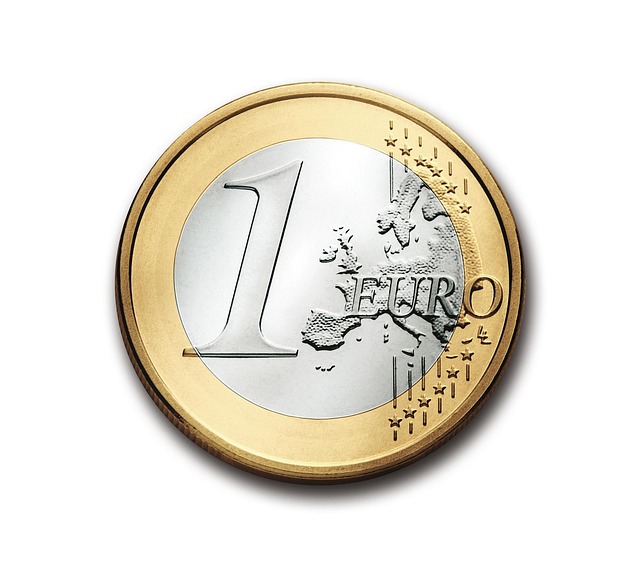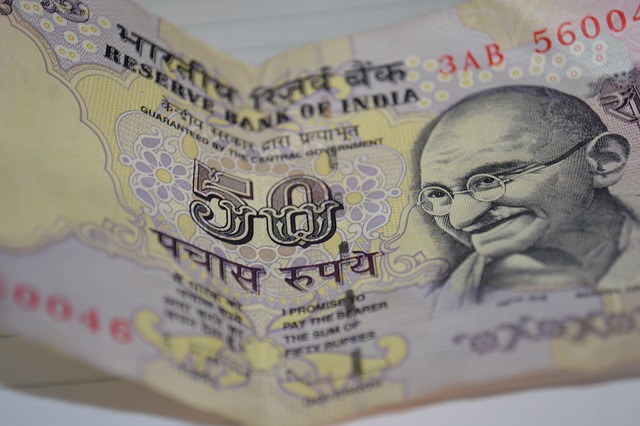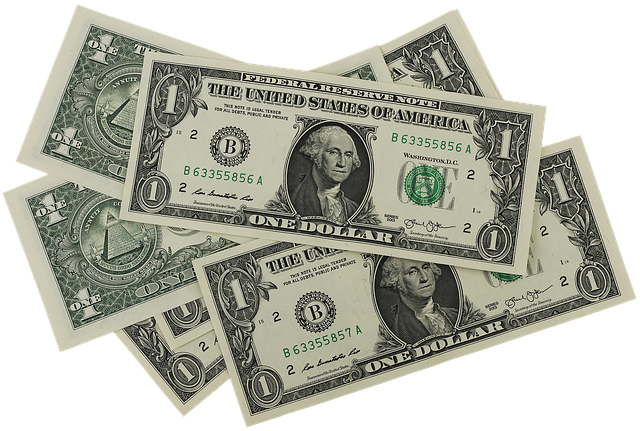Car title loans for older vehicles are influenced by the vehicle's make, model, year, and condition, with lenders assessing these factors to determine loan amounts and interest rates. Well-maintained vehicles may command higher payoffs, while very old cars might require additional documentation due to unique features. The age of a vehicle impacts its value, with depreciation highest in initial years; this affects borrower eligibility and loan terms like direct deposit upon approval. Market demand for classic cars, driven by nostalgia, restoration industry, and investment potential, creates a thriving secondary market, with car title loans facilitating transactions for these unique assets.
Car title loans for older vehicles have unique considerations that impact both borrowers and lenders. This article delves into the multifaceted factors affecting these loans, specifically focusing on market value and age, loan terms and conditions, and maintenance and repayment strategies. Understanding these aspects is crucial for owners of vintage or classic cars looking to access financing while managing the distinct financial challenges posed by these older vehicles.
- Market Value and Age Impact
- – How age affects the overall value of older vehicles
- – Factors influencing market demand for classic cars
Market Value and Age Impact

The market value of an older vehicle plays a significant role in determining the availability and terms of car title loans. As cars age, their worth tends to depreciate, which can impact both the loan amount offered and interest rates. Lenders carefully consider the vehicle’s make, model, year, and overall condition to assess its current market value. A well-maintained older vehicle might retain more of its initial value, potentially allowing for a higher loan payoff compared to one that has seen better days.
When assessing car title loans for older vehicles, lenders also factor in the age of the asset. While there’s no specific cutoff point, cars that are several decades old may face stricter scrutiny due to their vintage. Lenders might require additional documentation or inspections to verify the vehicle’s condition and history, especially if it has unique or classic features. This process ensures responsible lending practices, particularly when offering bad credit loans, where age-related factors can influence both the borrower’s eligibility and the overall loan terms, including the direct deposit of funds upon approval.
– How age affects the overall value of older vehicles

The age of a vehicle plays a significant role in determining its overall value, which is a critical factor when considering car title loans for older vehicles. As cars get older, their market value tends to depreciate over time. This depreciation can be quite steep in the first few years and then levels off at a slower rate. Several factors contribute to this age-related value loss. One primary reason is the increasing obsolescence of parts and technology; as newer models are introduced, components from older vehicles may become harder to source or more expensive to replace, reducing their resale value.
Additionally, as cars age, they accumulate wear and tear, which can lead to mechanical issues and a decline in performance. These factors collectively affect the overall condition and desirability of the vehicle in the eyes of potential buyers. In the context of car title loans, understanding the impact of age allows borrowers to make informed decisions regarding their loan payoff options, while also influencing interest rates, especially when considering alternatives like semi-truck loans, which may have different valuation criteria.
– Factors influencing market demand for classic cars

The market demand for classic cars is influenced by several factors. One key driver is the passion and nostalgia many car enthusiasts feel for older models, which often hold significant historical or cultural value. The restoration and preservation of these vehicles have become a popular hobby among collectors, further fuelling the demand. Additionally, classic cars are increasingly recognized as valuable investments due to their potential for appreciation over time. This, combined with the limited availability of certain makes and models, creates a thriving secondary market where car title loans for older vehicles play a significant role.
Another factor contributing to the demand is the growing popularity of classic car events, shows, and rallies, which showcase these vehicles and foster a sense of community among owners. Moreover, the rise in popularity of streaming services featuring vintage cars and the increasing presence of classic cars in modern media have also contributed to their allure. These factors collectively drive the market for older vehicles, leading to higher demand and, consequently, impacting the accessibility and terms of car title loans specifically tailored for these unique assets.
Car title loans for older vehicles are influenced by a combination of factors, including age and market demand. As vehicles age, their overall value typically decreases due to wear and tear, but they may still hold significant sentimental or classic car enthusiasts’ value. The demand for these older models can vary widely, with some seeing a resurgence in popularity, while others struggle to find a market. Lenders offering car title loans consider these variables when assessing the worth of an older vehicle, ensuring both parties are satisfied with the transaction’s fairness and viability.






